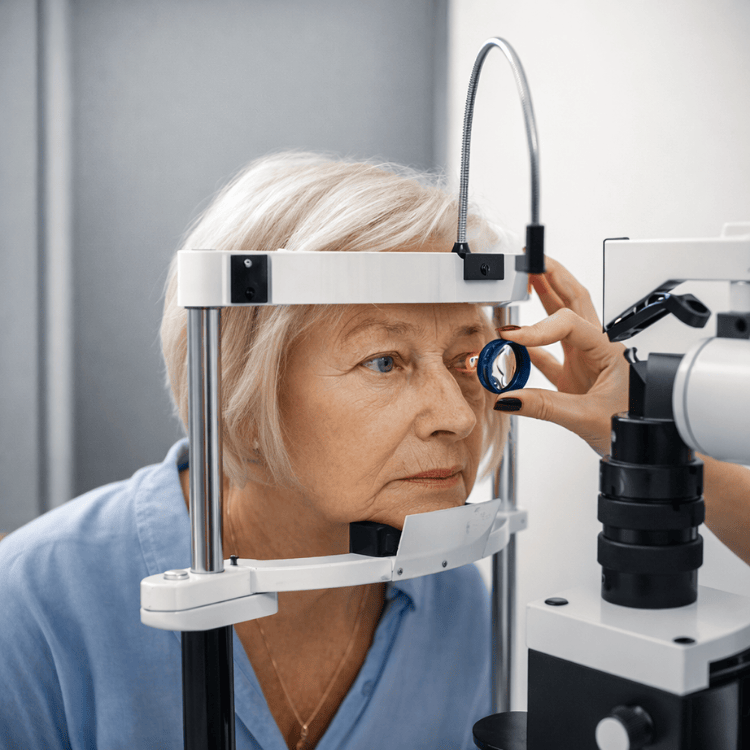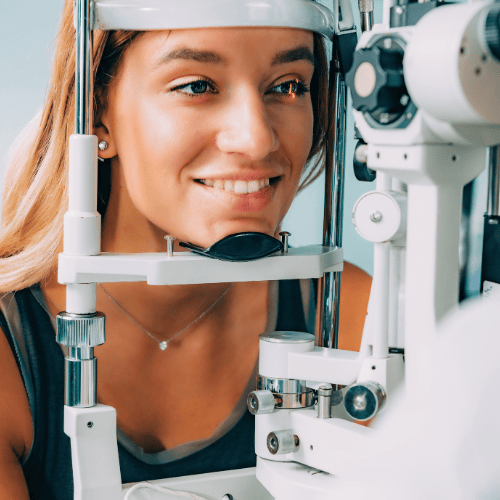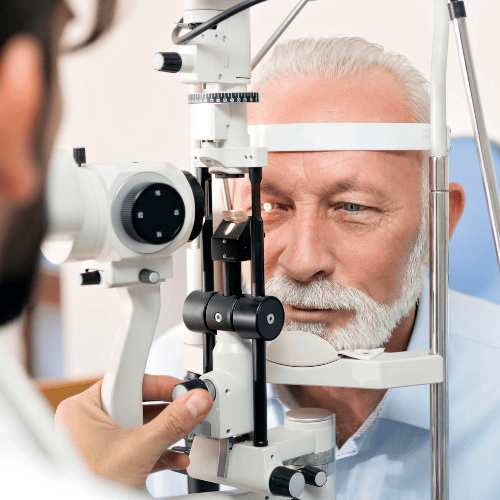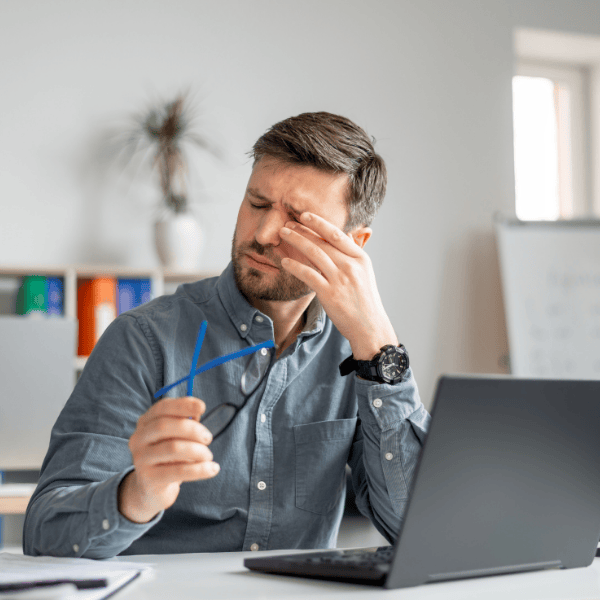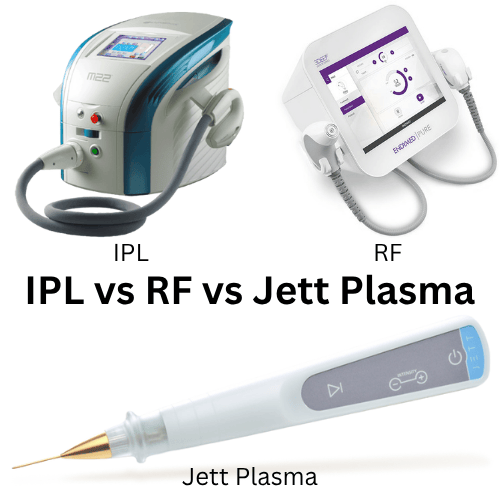Everyday Products That Are Wrecking Your Glasses
You might think you're doing everything right to properly care for your glasses; keeping them clean, storing them safely, and wiping them down regularly. But even with good habits, certain everyday products can be harmful. From the spray of your favorite cleaner to a bit of sunscreen on your hands, these chemicals can wear down your lenses without you even noticing.
6 Common Chemical Offenders Found at Home
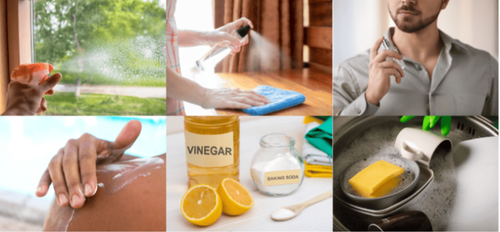
- Window and glass cleaners (ammonia-based): Can strip away protective coatings, leaving lenses exposed and vulnerable.
- Disinfecting wipes and alcohol sprays: Break down anti-reflective coatings, leading to cloudiness or peeling.
- Hair sprays and perfumes: Aerosols can settle on lenses and chemically corrode the surface.
- Sunscreens and moisturizers: Oils and active ingredients can smudge and degrade coatings.
- Vinegar and natural cleaners: Often assumed to be gentle, but highly acidic and damaging.
- Dish soaps with additives or abrasives: Cause micro-scratches that build up over time.
Avoiding these substances helps you extend the life of your glasses and save on unnecessary replacements.
Why Are Eyeglass Lenses So Easy to Damage?
Today’s lenses often come with extra features like anti-glare coatings, blue light protection, and scratch resistance. These coatings make your glasses more comfortable and effective, but they’re also more sensitive to certain ingredients found in household products. A quick spray of the wrong cleaner or a dab of sunscreen can be all it takes to start degrading the lens surface.
Signs Your Glasses Have Been Chemically Damaged
Not sure if your lenses have already been affected? Look out for these signs:

- Peeling or flaking coatings
- Cloudy or hazy appearance, especially when light hits the lens
- Fine cracks or spiderweb patterns
- Permanent streaks that don't wipe away
How to Safely Clean Your Glasses
What to Use
- Lens-safe cleaning sprays made for optical lenses
- Warm water with a drop of mild, additive-free dish soap
- Microfiber cloths (washed regularly)
Cleaning Habits to Avoid
- Wiping dry lenses without rinsing first
- Using your shirt, paper towels, or tissues
- Leaving glasses near hot appliances or beauty products
Tip: Always rinse lenses before wiping to remove debris that could scratch them.
How to Protect Your Eyeglasses from Future Damage
- If possible, remove your glasses before applying makeup, perfume, or hair products
- Store glasses in a hard-shell case when not in use
- Avoid leaving glasses in hot cars or near stoves
- Stick to optical-grade cleaners and accessories
FAQ:
Why are my eyeglasses getting cloudy over time?
Likely due to repeated exposure to chemical cleaners or skin products that damage the coatings.
Can I use alcohol to clean my glasses?
No. Alcohol can strip away coatings and leave permanent haze or streaks.
Is lens damage from chemicals reversible?
No. Once coatings are damaged, the lenses need to be replaced.

Written by Rosendo
About the Author:
Rosendo was born and raised in Havana, Cuba, where he began his professional journey studying Optometry and Optics. His career then took him to Dubai, where he worked in the optical field for two years as a Sales Associate. Now, he’s settled in Calgary and takes great pride in being a valued member of our Mountain View Optometry team as an Optical Associate.

